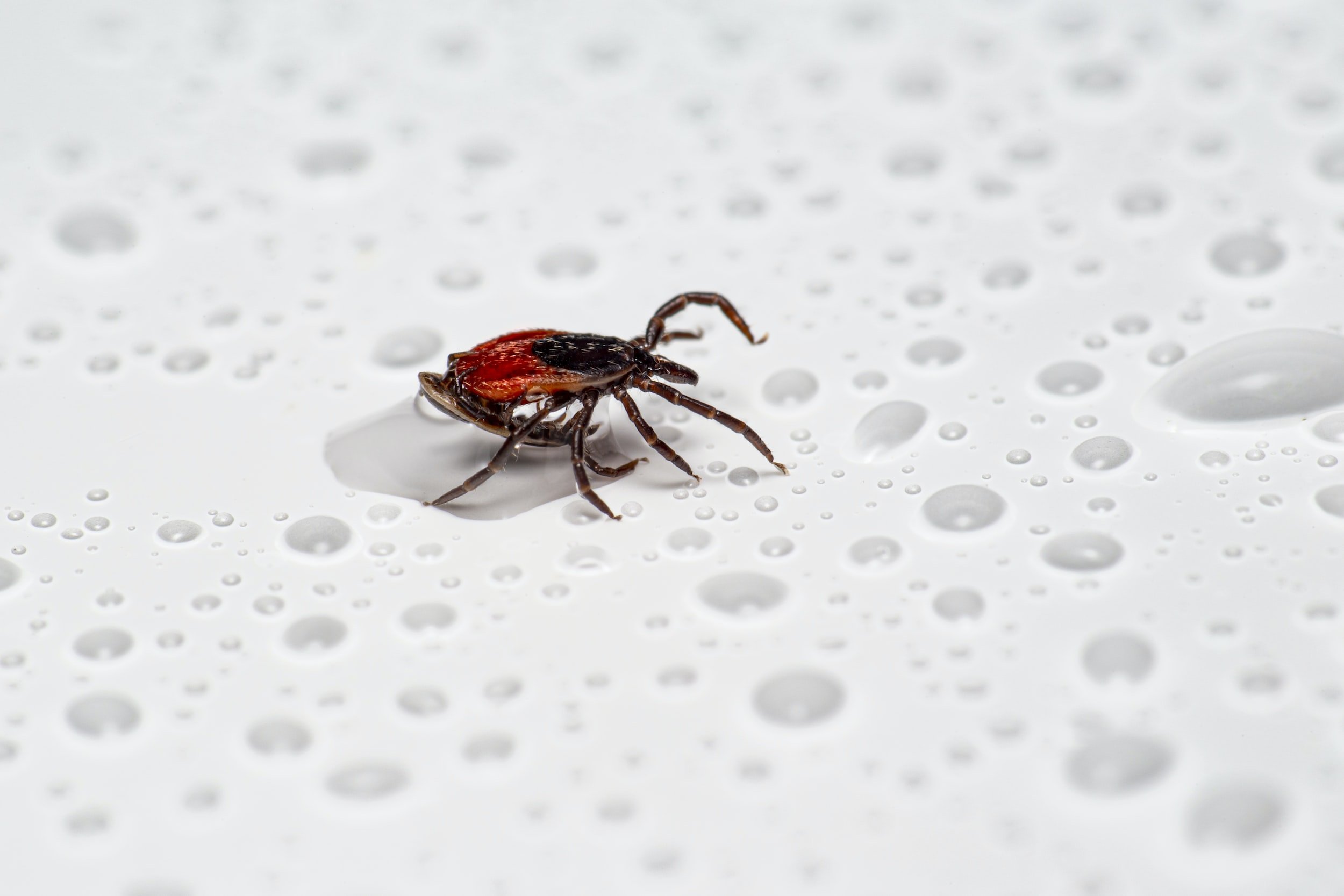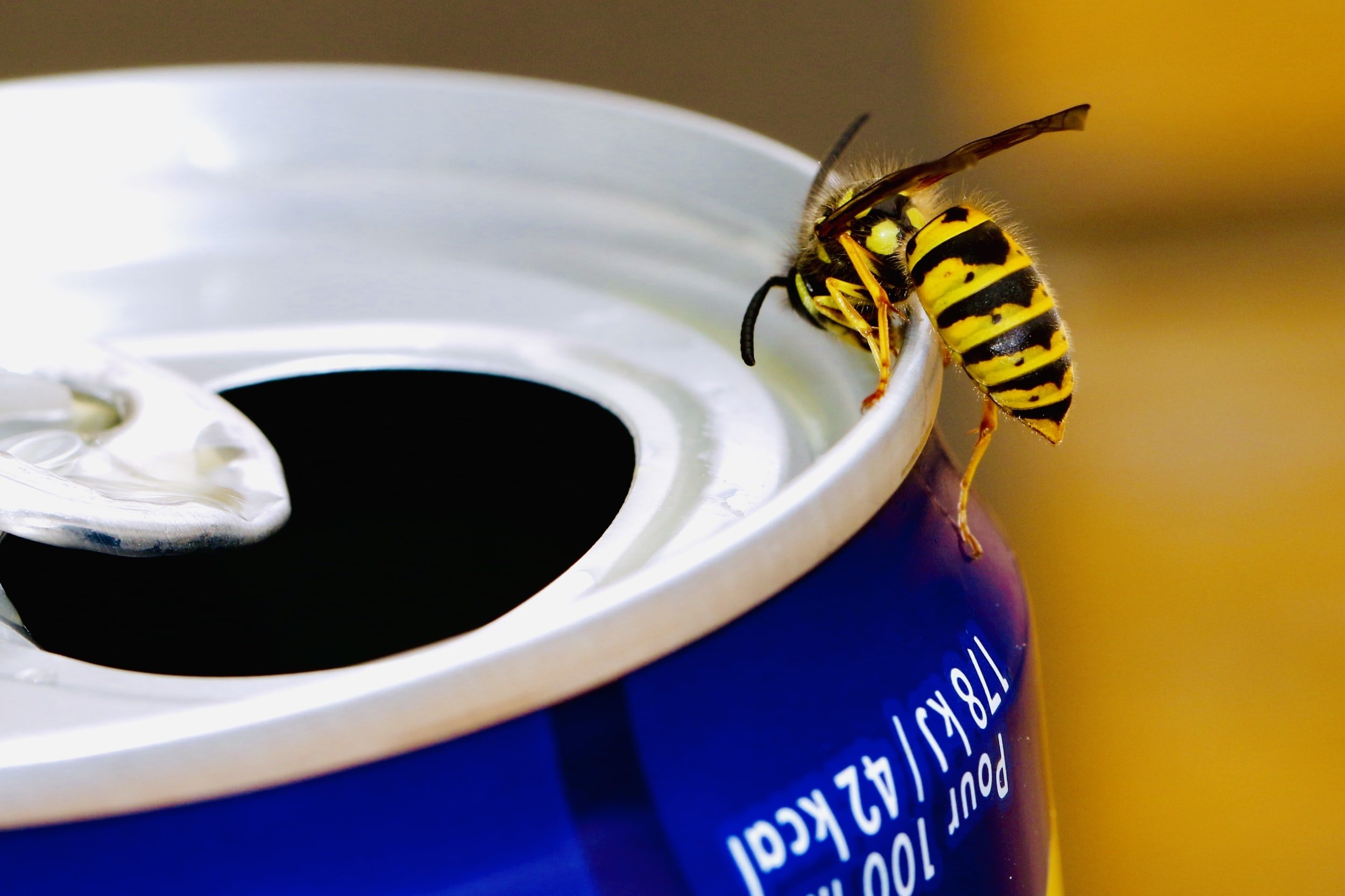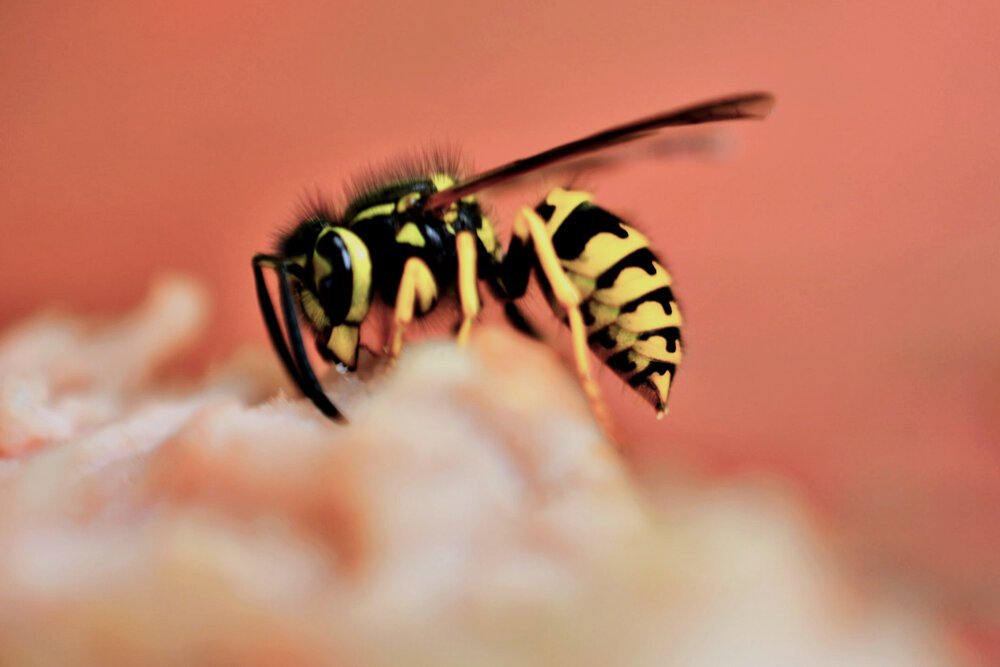The Pest Blog

Wasp Control: Taking the “sting” out of summer sizzle
New Hampshire is home to several species of stinging insects that all fall under the same family known as Vespidae; all with varying degrees of temperament around humans. One of the most common bouts of confusion surrounding stinging insects is identification, and the reference to such. Wasps are not the same as bees, and hornets are not the same as solitary wasps. Understanding the differences between species and genus is paramount to determining whether the stinging insect you’ve encountered poses a safety threat.

Ants Around The Home: A Brief Summary
Of all, the Carpenter Ant is arguably the most prolific household pest in New Hampshire. So how can the average homeowner defend your most expensive real estate investment? There are some small tasks to help reduce the presence of ants.

Tick or Treat: Fall Tick Activity Brings Little Reprieve
As New Hampshire’s fall season is by now well underway, the season also brings added run-ins with those pesky parasites - ticks! Fall season is when these blood feeders, most notably Blacklegged ticks, a species which carries Lyme disease and other tick-borne infections, are the most active.

Heatwave: Those NH critters that “like it hot”
While most of us are metaphorically melting, some creatures who call the Granite State home are no strangers to hot & humid. So settle into some AC climate control and read all about the New Hampshire critters that can definitely take the heat.

Late Season Stingers: The “buzz” with Autumn yellow-jacket activity.
While present throughout the spring and summer, yellow jacket nests are at their largest during late summer and early fall (with each nest boasting roughly 1,000-4,000 workers). As the number of developing larvae increases throughout the season, workers will forage and expand upon the nest construction; doubling the size of the colony every few weeks throughout the summer.

From the loins of the Ugly Stick: Behold the Dobsonfly
Growing up on a river, my fascination with this complex creature started at a young age. My first observation of an adult Dobsonfly was one of both immense inquiry, and sheer awe that nature could conjure something so down-right ugly.

Do Your Ants Have Wings?
While the propagation of winged ants isn’t overtly concerning for many ant species, the select few that infest human structures can cause quite the issue as your home now becomes their home.
